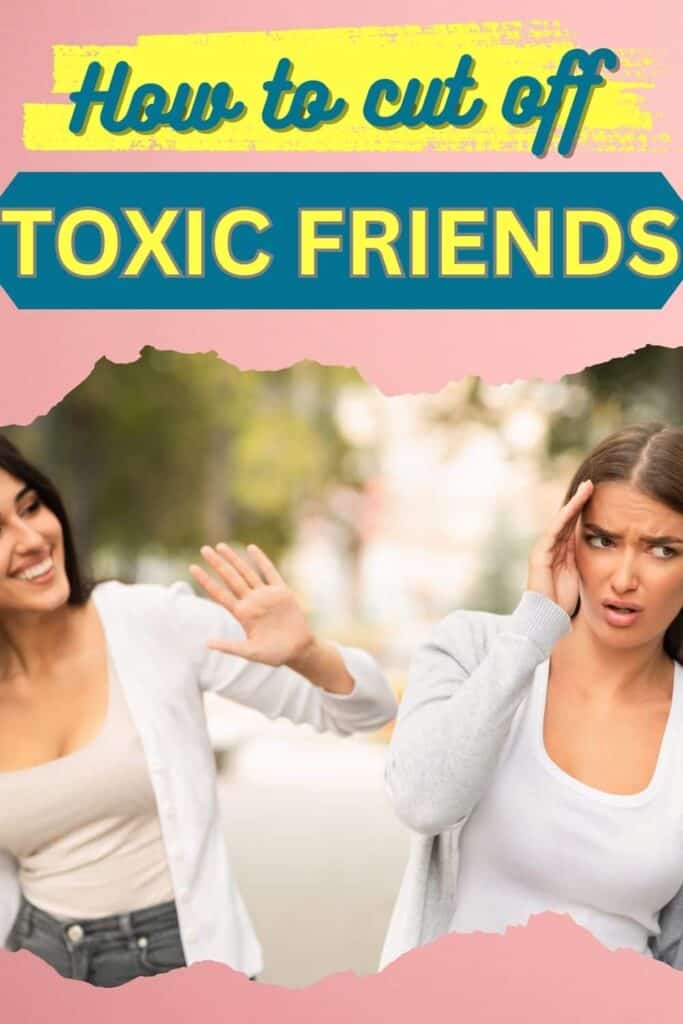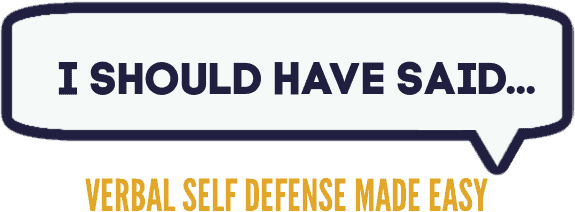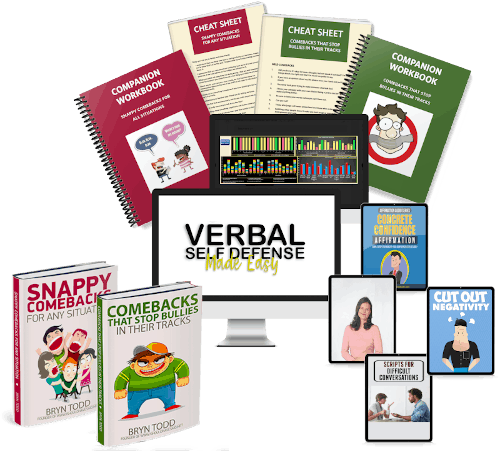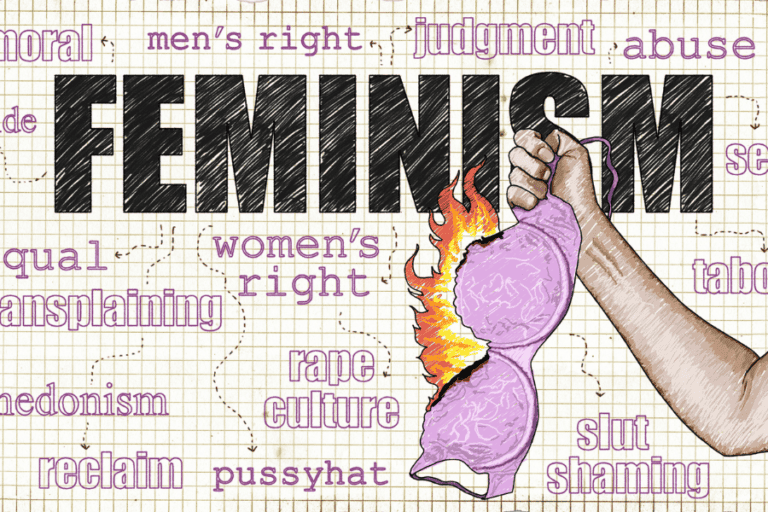
Understanding toxicity
Avery’s friendship with her toxic friend had taken a toll on her. For three years, Avery had been catering to her friend’s every need, putting her own needs and wants aside. But enough was enough. Avery realized that her friend was never going to change and that she needed to take care of herself.
So, Avery made the difficult decision to end the friendship. It was a painful process, but it was necessary for her own well-being. Avery learned that sometimes, it’s okay to put yourself first and to let go of toxic relationships. She felt a sense of relief and freedom knowing that she no longer had to cater to someone else’s needs all the time.
If you have toxic friendships, it can be mentally exhausting and emotionally draining. That’s why it’s essential to accurately identify toxic traits and understand the effects of toxic relationships so you can learn to cut toxic people off without being offensive.
Identifying toxic traits
A toxic friend may express or exhibit a variety of traits that may damage your emotional and mental well-being. Some of these toxic traits may include:
- Gossiping: A toxic friend may start sharing your secrets with others or spread rumours to taint your reputation.
- Controlling: They may try to influence, if not control, your actions and decisions.
- Negativity: They may have a generally negative vibe and perception of life, which may also influence you negatively.
- Jealousy: They may show jealousy towards your achievements and try to downplay your successes.
- Selfishness: They may only think about themselves and ignore your feelings and needs. They tend to also talk about themselves a lot.
Effects of Toxic Relationships
Being in a toxic relationship with a toxic friend can have different bad effects on your mental and emotional health. These may include:
- Anxiety
You may feel uneasy and on edge often, especially around your toxic friend.
- Low self-esteem
A toxic friend may cause you to be less confident as they constantly watch and criticize you.
- Isolation
A toxic friend’s behaviour might isolate you from other friends and family members.
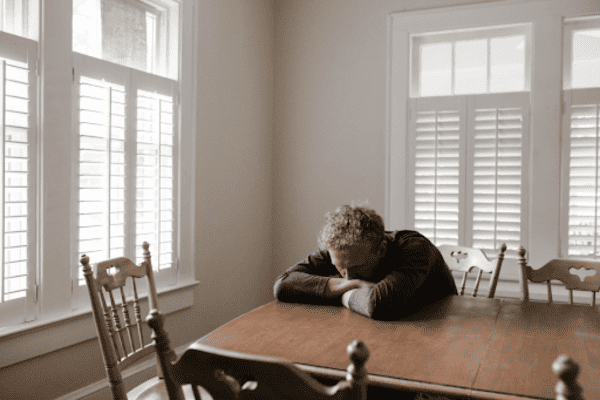
- Guilt
You may feel bad for wanting and searching for an end to the friendship, even though it’s for your own good.
- Depression
Being part of a toxic friendship may lead to feelings of sadness, pain, and hopelessness.
Understanding toxic traits and the effects of being part of a toxic relationship can help you decide and think better about cutting off toxic friends without being uncivil.
Preparing for the Conversation with a toxic friend
Before you initiate the conversation with your toxic friend, it’s essential to mentally and emotionally prime yourself to help you stay calm, decisive, and difficult to shake off during the conversation. Here are some tips to help you out:
Setting your boundaries
Setting boundaries is very important before you talk to your toxic friend. Think and list the traits you’re willing to tolerate and ignore and those you can’t. After that, list your boundaries, discuss them during the conversation, and do your best to stick to those. Be as straightforward as possible about what you require from the friendship and what you’re unwilling to accept. This will help you stay on track and avoid getting distracted.
Choosing the right time and place
Selecting a good time and place to talk is also important. Choose a time when you’re most focused and calm, as this will be advantageous. Don’t let the conversation occur when you’re mad, stressed, or anxious. You should also choose a place where privacy is good to avoid interruption, such as a quiet park.
As the conversation unfolds, be crystal clear about your feelings and your decision. Use “I” statements to avoid getting your friend blamed for everything. For example, instead of saying “You always hurt my feelings,” say “I always feel hurt when you do that.” Remember to stay grounded during the conversation by being calm, focused, attentive, and assertive.
Having a conversation with a toxic friend
When cutting off toxic friends, having a brief but direct conversation addressing the issues with them is the most respectful and proper way. But at times, this can be a difficult conversation, and you may or may not hear what you want from them. Here are some pointers to help you converse with them easily.

Being honest with and respectful
It’s essential to be as honest and direct as possible when talking with your friends about the need to cut them off from your life, but it’s as important as being respectful. Start the talk by letting them know you appreciate the friendship and all the memories you’ve shared. Then, carefully explain that you’ve noticed some toxic traits that made you uncomfortable.
Be as specific about the behaviour that bothered you as possible, but restrain yourself from attacking them personally. This may be hard when your patience has already bailed out, but this is really important for your success. For example, say “I feel mocked and disrespected when you make underhanded jokes like that,” instead of “You’re a rude and disrespectful person.”
Staying firm and consistent
Your friend might try steps to change your mind, influence your decision, or even promise to change their behaviour. While it’s entirely okay to try to understand their point of view, staying firm and committed in your decision to end things is essential. Remember that you’re doing this for your own good.
If your friend attempts to reach you after the conversation, ignoring their calls or messages is OK. It’s important to remember that you don’t owe them a response if you already made yourself clear about them being cut off from your life. But if they persist, you may need to block them whenever possible to protect your boundaries.
Being respectfully honest and staying firm and committed are ways to have a productive and meaningful conversation with your toxic friend and move on from the relationship properly and maturely.
More posts lists you might like
- Top ten comebacks for toxic people
- Top ten comebacks for people who won’t respect boundaries
- Check out our top ten comeback lists
Post-conversation steps
After successfully ending things off with your toxic friend, you need to do something to ensure the integrity of your mental and emotional well-being after post-conversation.
Handling possible backlash form a toxic friend
It’s a possibility that your now-former friend might be negatively biased after the conversation and may lash out at you or spread negative rumours about you. While this is a legitimate concern, it’s advantageous to remember that you don’t owe them a response for their reaction, and you have the right to protect your peace. If they do this, it’s best to disengage as much as possible to avoid fighting fire with fire.
If you feel threatened, you can contact your trusted friends, family, and law enforcement when things go absolutely south. Remember that your safety is your utmost priority.

Maintaining your distance form toxic friends
Just like ending a toxic romantic relationship, it’s best to maintain your distance. This can mean blocking every communication from your ex-friend, including your social media connections. If they live near you, you might need to change your routine to avoid meeting them. Doing these things may be difficult at first, but preserving your own mental well-being is more than essential.
Building new healthy relationships with others is also important to help yourself recover and move on. Surrounding yourself with people you trust and love is an excellent way to do this. You can also join social groups that align with your interests and values; this will help you move on and improve yourself.
Ending a toxic friendship that lasted years, if not decades, can be overwhelmingly complex. But it’s necessary to protect your peace and well-being. By heeding these post-conversation steps, you can finally move forward to a happier, healthier, and more productive life ahead.
Avery was shocked by her friend’s toxic backlash
Avery was devastated when she saw the negative things that Sacha had posted about her online. She couldn’t believe that someone she had considered a friend would stoop so low. The hurtful comments were a painful reminder of why she had ended the friendship in the first place.
Despite the hurt, Avery refused to let Sacha’s words bring her down. She knew that she had made the right decision for herself and that Sacha’s negativity was a reflection of her own issues. Avery decided to focus on the positive relationships in her life and to continue to prioritize her own well-being.
Seeking professional help
If cutting off your toxic friend seems like an impossible task to do, seeking the help of a professional can be a great option. Professional counselors, therapists, or psychologists can help you navigate your feelings and emotions, provide practical and theoretical advice, and give you tools to help you deal with your toxic friendship.

Consulting a therapist
Should you find yourself struggling with the thought of cutting off your toxic friend, consulting a therapist can be a great way to help you recognize your emotions, identify your own and your friend’s harmful traits, and develop efficient techniques to cut off your toxic friend. They can also assist you through silent issues that may directly contribute to your toxic friendship.
When looking for a therapist, make sure to carefully research their credentials. You can also find someone who specializes in toxic behaviour psychology. Also, feel free to ask for referrals from friends or family members who have consulted a therapist before.
Joining support groups
A support group is a group-based therapy; joining one can be an excellent way to get the help you need. Support groups offer a safe environment to open up about your problems and experiences, and ask for practical advice. One big perk is support groups provide tons of emotional support, often coming from others who have gone through your situation before.
When searching for a support group, focus and find one that specializes in toxic friendships. Like looking for a therapist, you can ask for referrals from your therapist or acquaintances. Some support group sessions are held online, while the majority are held in person, so choose the one that’s best for you.
Take note: Seeking professional help is not shameful; it’s a sign of strength and acknowledgment that you’re not alone in your struggle. If you struggle with your toxic friends, you can always reach out for help.
The Role of counselling and self care
I Should Have Said Media will earn a commission after clicking links on this page at no additional cost to you. Learn more.
Better Help is a great resource where you can talk to a counselor from the comfort of your own home.
Taking care of your own needs isn’t selfish, and you will feel better in the long run.
